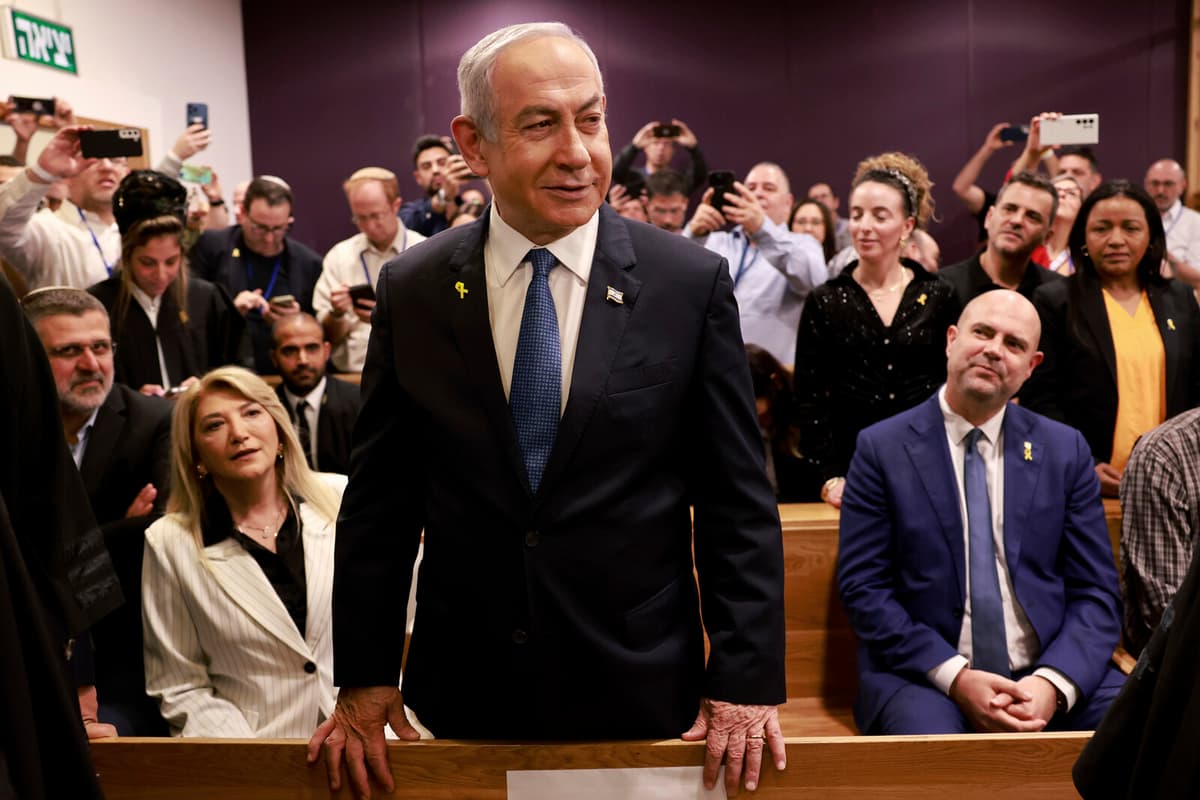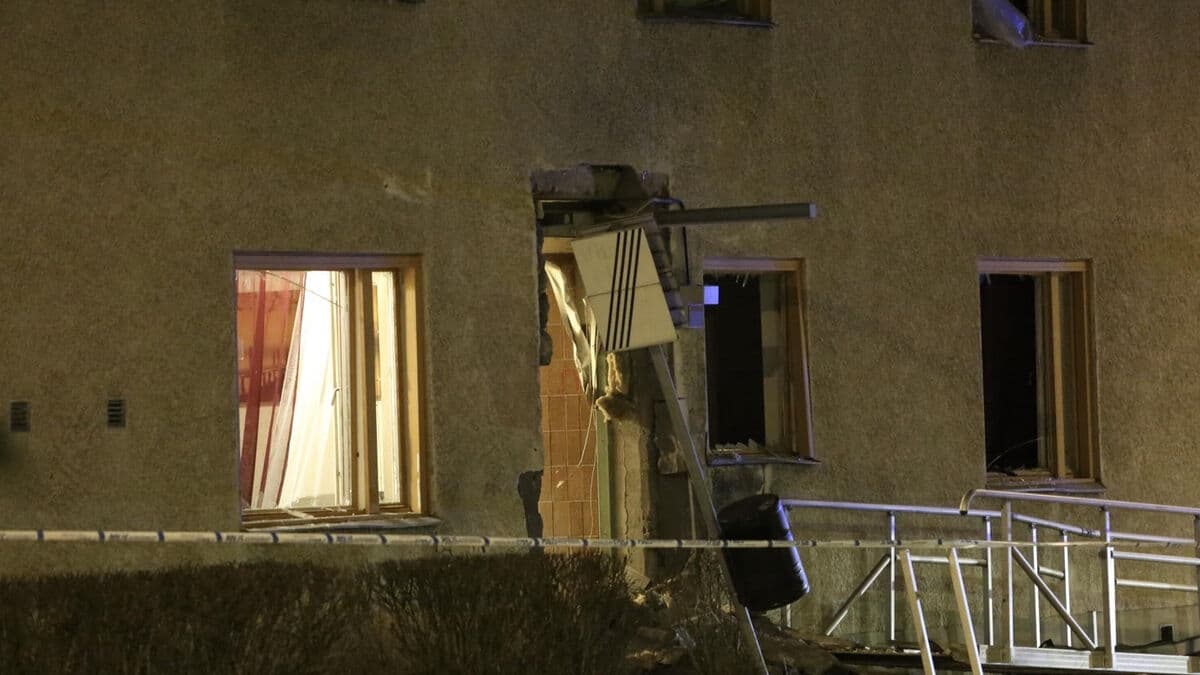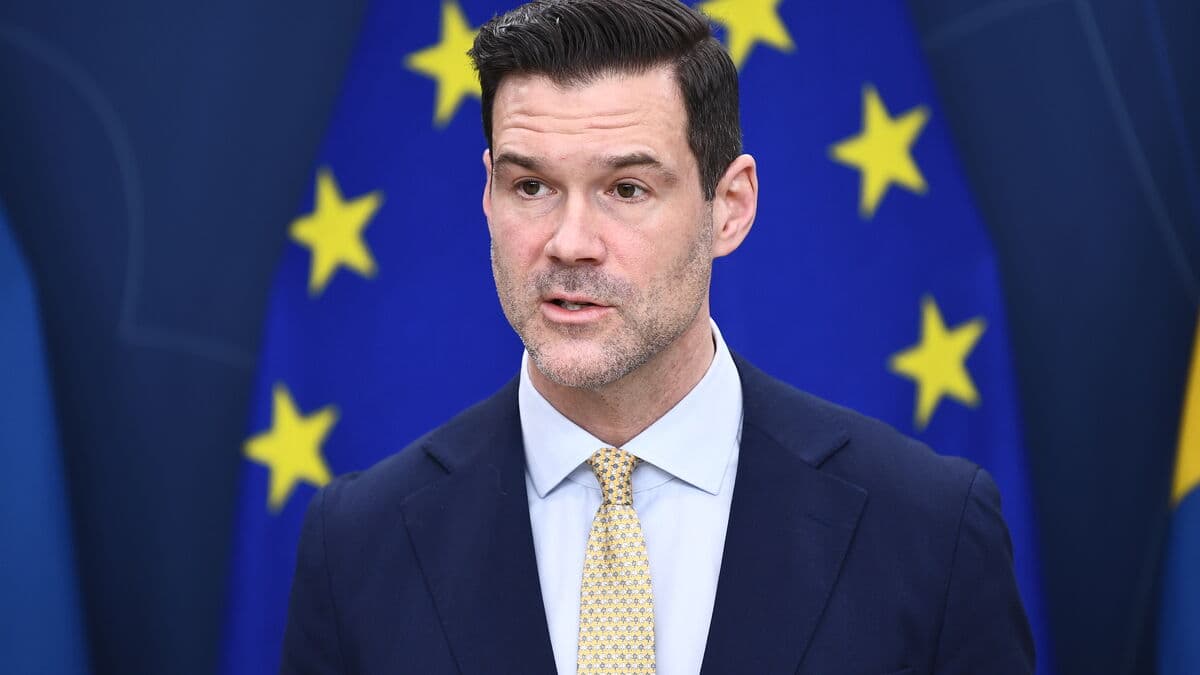In a long-running legal process, Netanyahu is accused of fraud, bribery, and breach of trust. This is the first time an Israeli prime minister has been charged with a crime.
Netanyahu tried to have his scheduled testimony postponed or shortened. His representatives argued that he had limited opportunities to prepare himself amidst Israel's ongoing multi-front war, but he was deemed to have had sufficient time.
The prime minister then took his place in the witness box in the Tel Aviv court on Tuesday morning.
I have waited eight years for this moment, to tell the truth, he says.
Gifts and Media
The allegations include that Benjamin Netanyahu and his wife Sara received bribes in the form of gifts worth hundreds of thousands of kronor, to promote a film producer's business interests. It is also about the prime minister allegedly changing Israel's media legislation in a way that would benefit large media owners – in exchange for more favorable reporting about himself and his family.
Netanyahu describes it himself as a politically motivated witch hunt driven by a partisan judiciary.
In the Tel Aviv courtroom, the prime minister describes the allegations as a "sea of absurdities". He denies the prosecution's portrayal of him as preoccupied with his own media image and says that the coverage does not bother him much these days.
Regarding the bribes, which allegedly included cigars and champagne bottles, he says he hates champagne.
Questioned on Several Counts
A prime minister who is convicted of a crime does not have to resign according to Israeli law. However, many Israelis have protested against Benjamin Netanyahu's handling of the war and the hostage situation in Gaza. Previously, an attempt to restrict the judiciary's independence with a new legislative package had sparked massive protests.
For several weeks now, Netanyahu has also been subject to an international arrest warrant for suspected war crimes.
The trial will continue over the coming weeks, with six hours of testimony per day, three days a week.






